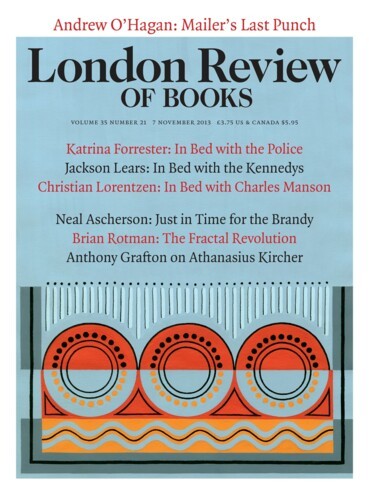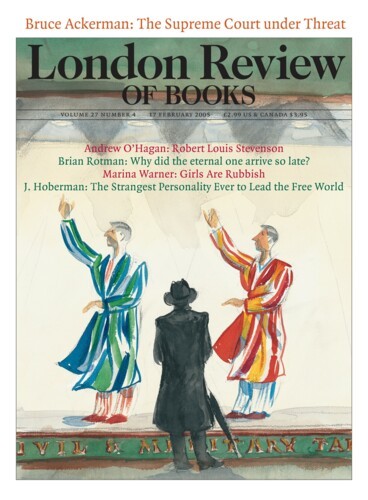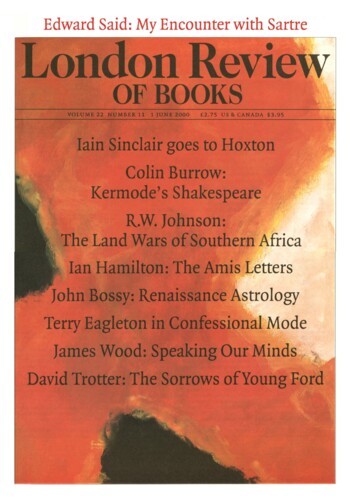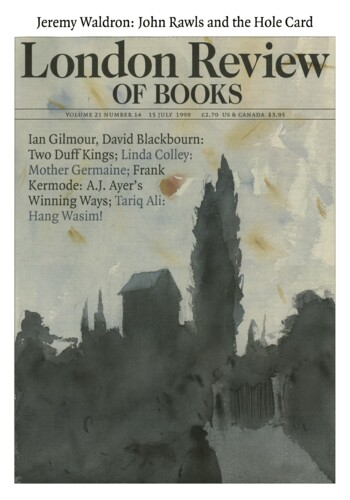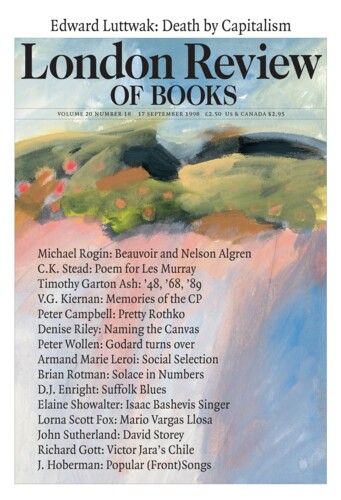Being affectionate with numbers, endlessly wondering about them, loving them, is, though impersonal and bloodless, no more strange perhaps than being possessed by the endless ramifications of cricket or trout fishing. Being consumed by numbers to the exclusion of all else, sounds deranged. The Hungarian mathematician, Paul Erdös, number theorist and combinatorialist extraordinary, eccentric, socially dysfunctional, obsessive, childishly egocentric, helplessly dependent on fellow number freaks to feed him, transport him, put him up and put up with him, was certainly outside the normal range, but not insanely so. Like most mathematicians, Erdös had a deep need to be ordered and structured, so requiring long immersion inside mathematical abstractions. He thought numbers more interesting and comforting than anything else in this world and was able to spend most of his waking life in contact with them. When he died in 1996, at the age of 83, he had worked on more problems, made more conjectures, proved more theorems, collaborated with more people, and written and co-written more mathematical papers (over 1500) than any mathematician in history.
Being affectionate with numbers, endlessly wondering about them, loving them, is, though impersonal and bloodless, no more strange perhaps than being possessed by the endless ramifications of...
